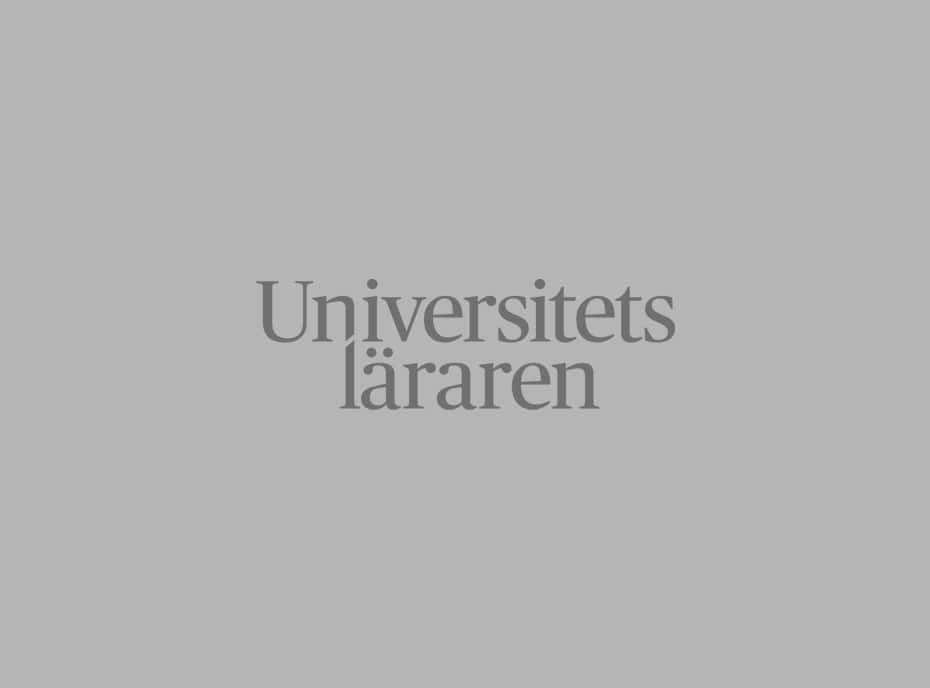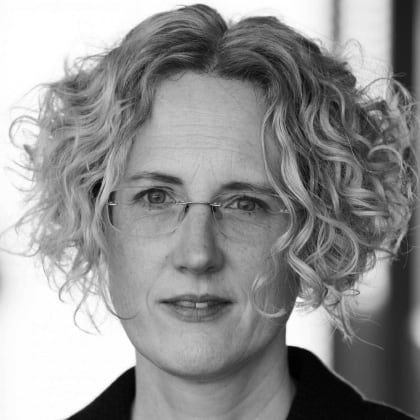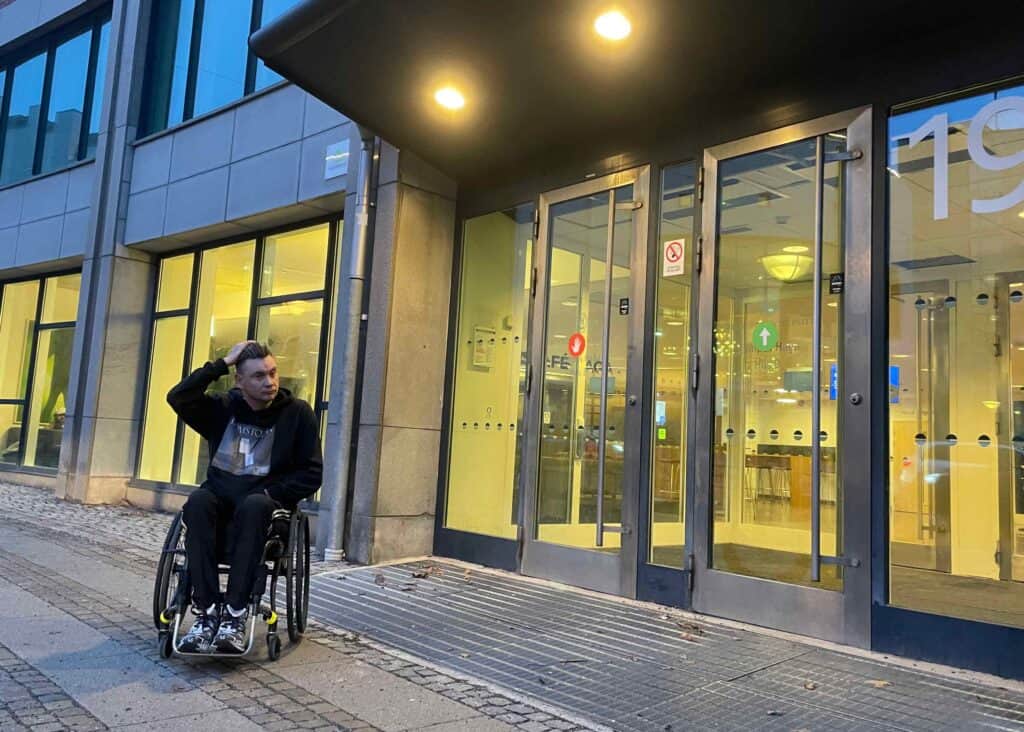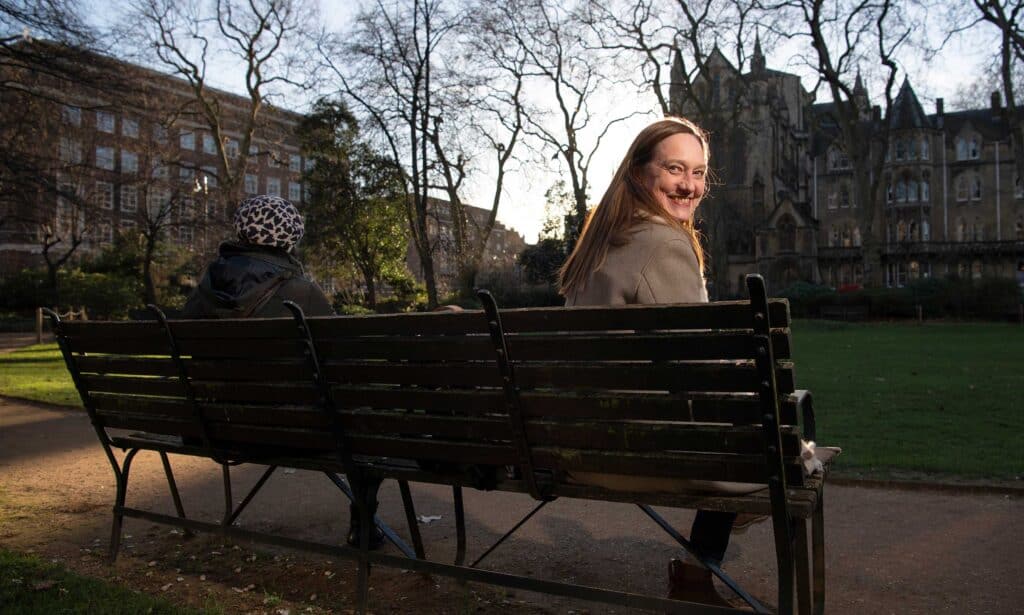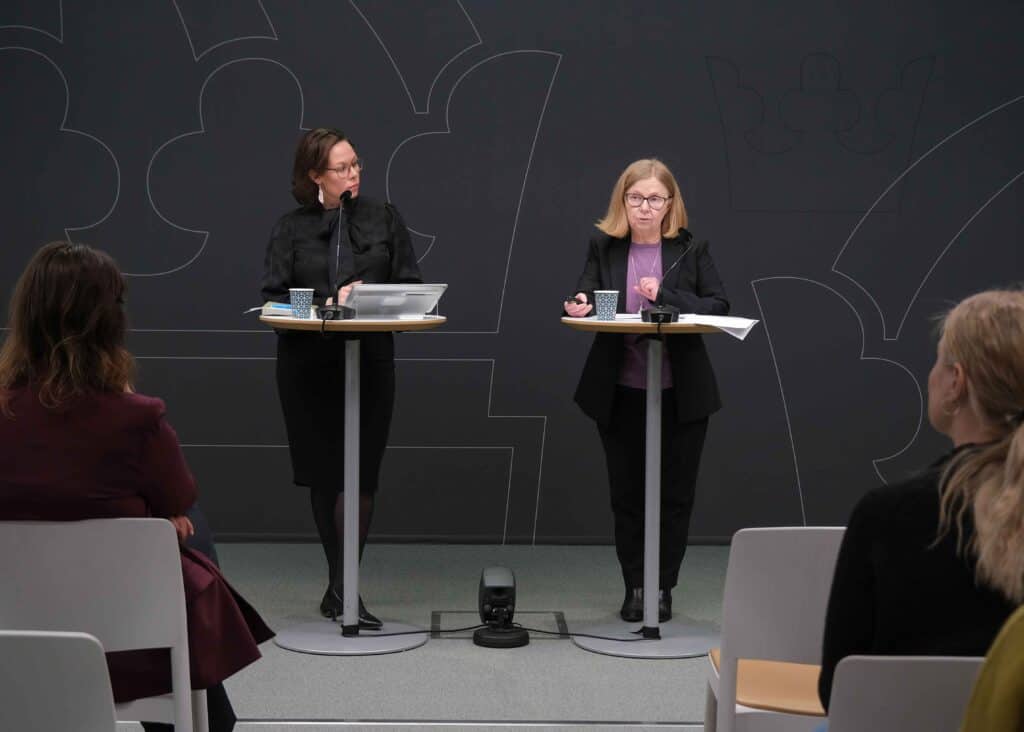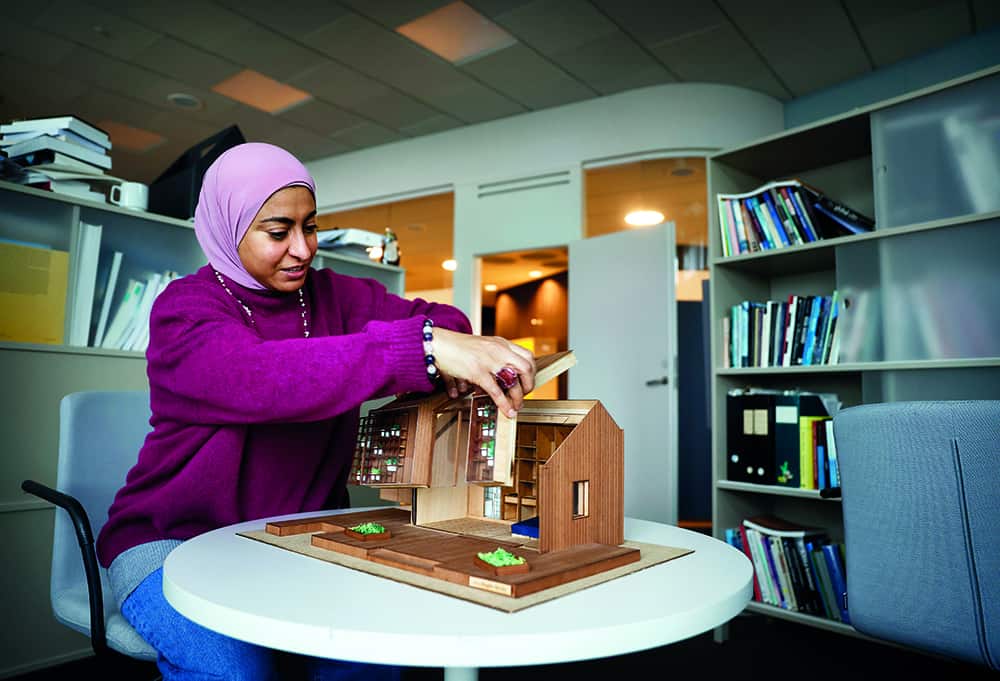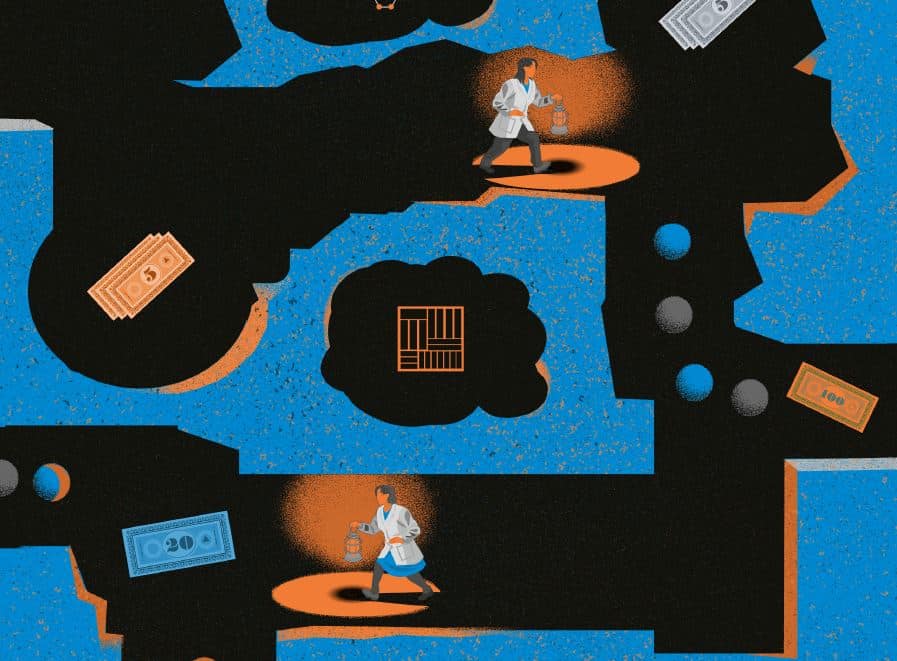
Throughout our years of work at the SULF Association of Doctoral Candidates, supervisory issues have continuously been brought up as some of the most common problems for doctoral candidates. Issues can arise in many ways, shapes and forms, ranging from personal conflicts, to an insufficient amount of supervision, to mismatched expectations. A good working relationship between the doctoral candidate and supervisors is essential for all involved. Breakdowns in these relationships can lead to a delay, or even to the failure, of a completed dissertation, as well as to negative mental health outcomes.

The expected doctoral candidate-supervisor relationship can be very different depending upon the tradition of a particular field or academic culture. Even within the same field, individual differences between doctoral candidates and supervisors can lead to differing supervision styles and expectations. The individualistic nature of this relationship can therefore make addressing supervisory issues at a national level difficult. Nevertheless, we have identified many similar trends across different disciplines and at different universities. In this article, we hope to highlight these commonalities and to suggest solutions for improving the situation.

A lack of evaluation
Supervisors typically need to have completed a course on supervising doctoral students. We welcome such courses and deem them to be an integral part of becoming a doctoral supervisor. These courses are important, not only from a pedagogical perspective, but also from a legal perspective. Supervisors must be aware of, and able to appropriately interpret, legal documents concerning doctoral studies, primarily the Higher Education Ordinance. Many universities accept ‘equivalent knowledge’ in lieu of a Swedish supervision course when hiring from outside of Sweden. What is typically not evaluated is if such an individual has knowledge of Swedish laws and regulations. We therefore reject simplistic, non-critical evaluations of a supervisor’s ‘equivalent knowledge’, and urge universities to appropriately evaluate if a non-Swedish supervisor really does have ‘equivalent knowledge’.
Moreover, most departments very rarely, if ever, evaluate supervisors from a doctoral candidates’ perspective. This runs contradictory to the continuous student evaluations for undergraduate and master’s level courses as stipulated by the Higher Education Ordinance. While we believe that a lack of supervisor evaluations leads to a failure of universities to perform due diligence, we also acknowledge that this may be a difficult issue to address in practice.
Stress, anxiety and mental health problems
Many of our members have reported feelings of stress and anxiety, as well as serious mental health problems owing to the relationship between them and their doctoral supervisors. We accept that doctoral studies bring an inherent level of stress, but if a supervisor relationship leads to serious issues which affects the mental health of a doctoral candidate then action must be taken.
Problematically, though, is that doctoral candidates are in a hierarchically dependent position, which can lead to a difficulty in them raising any issues. Doctoral candidates legally have the option of changing supervisors, but this is often done as a last resort, and typically is done after considerable interruption to the doctoral education has already taken place. The process of changing supervisors may in itself lead to further delays.
Additionally, changing supervisors may not necessarily improve mental health outcomes as doctoral candidates may have to continue working in some capacity with their former supervisor anyway. Our view is that action should ideally be taken before it is necessary for a change of supervisor to take place.
Improving the current situation
We suggest four of ideas that could prevent any unexpected supervision problems for doctoral candidates already from the start of the employment, which would hopefully mean that supervision changes are not necessary down the road.
- A supervision expectation document
As a doctoral candidate begins, the supervisors and the candidate should consult this document and then together fill in a ‘supervision expectation document’. Such a document is already successfully in use at several universities (1, 2). The document should concern areas that potentially could cause supervision issues for the candidate in the future. If the supervisors and the doctoral candidate discuss their expectations of each other from the start we think a lot of issues can be prevented. This can also be a safeguard for the candidate to lean on if any supervision problems arise. - Supervision development course
All supervisors should undertake a regular supervision development course where supervisors are able to share their experiences with their peers. The course should also make sure that all supervisors are well aware of Swedish academic traditions regarding supervision, as well as current Swedish laws and regulations affecting doctoral studies. Further, all universities should make sure that supervisors attend these courses on a regular basis, and get the time needed for doing so. - Continuous evaluation of supervisors
All doctoral candidates are evaluated on a regular basis as they update the ISP, and even more often than so. In the same manner, supervisors should be evaluated on aspects of supervision, including the perspective of the doctoral candidate. At the least, a supervisor should be evaluated as their doctoral candidate finishes. In that way, there is the potential for the supervisor to develop their supervision competence for the future. - Making sure doctoral candidates are aware of their rights
There should be a tick box in all doctoral candidates’ ISPs that highlight that the candidates are aware of their rights according to the Higher Education Ordinance and any local agreements. If a doctoral candidate feels that they are not completely informed about their rights then they should be encouraged to contact a union or doctoral representative for more information.
It is our view that the implementation of these suggestions will lead to a decrease in future supervision issues and lead to a reduction in stress, anxiety, and mental health issues amongst doctoral candidates.
Erik Bergenholtz, Sara Berglund and Tim Roberts
on behalf of the SULF Association of Doctoral Candidates
